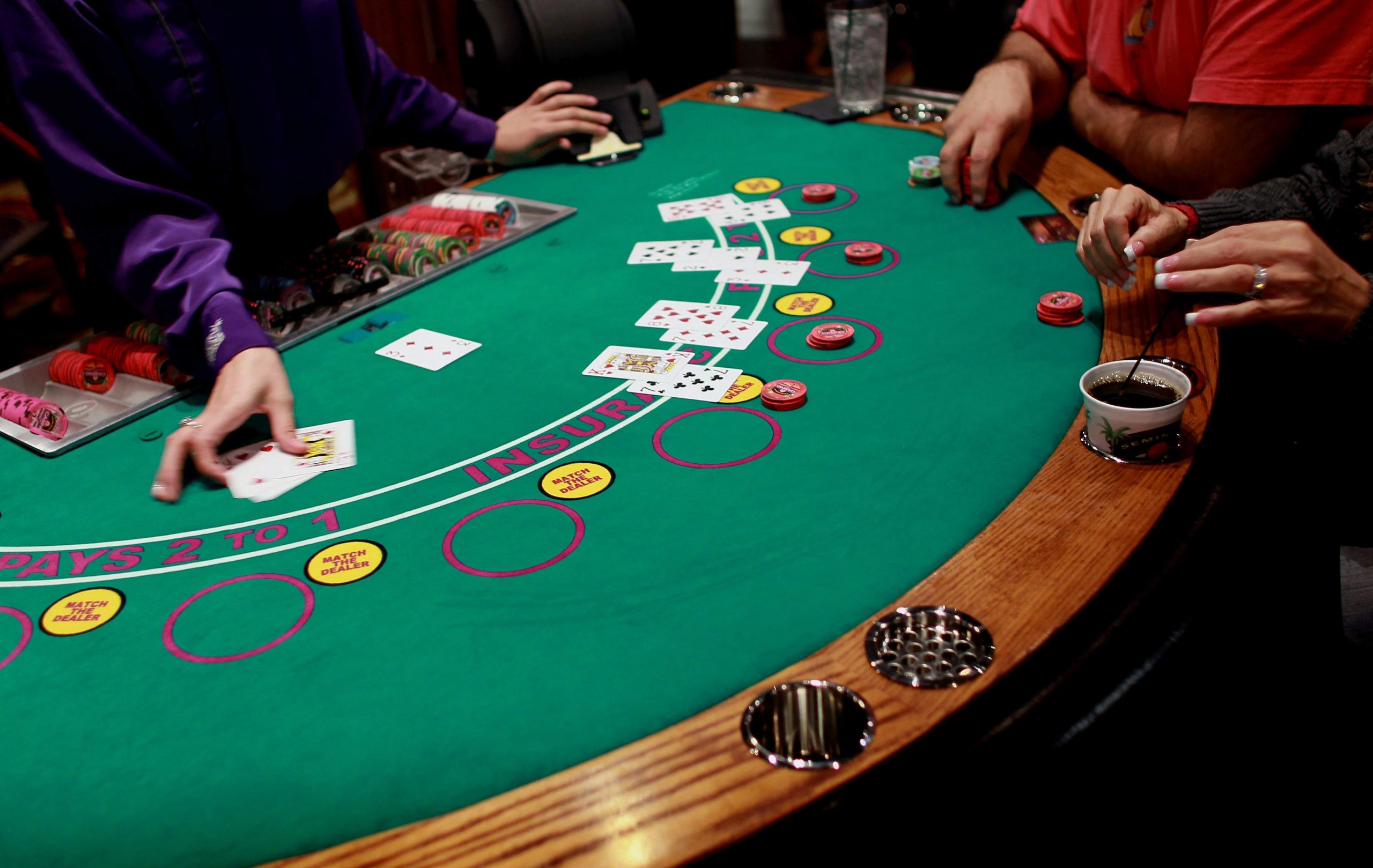Rules
Insurance and Surrender Blackjack Rules. Insurance - This nearly universal rule allows an insurance bet against a dealer face up Ace. Note: Not allowed with Double Exposure. Insure Blackjack only - Some casinos in Europe allow insurance bets only when the player has a Blackjack. Insurance and Surrender Blackjack Rules. Insurance - This nearly universal rule allows an insurance bet against a dealer face up Ace. Note: Not allowed with Double Exposure. Insure Blackjack only - Some casinos in Europe allow insurance bets only when the player has a Blackjack. Blackjack, formerly also Black Jack and Vingt-Un, is the American member of a global family of banking games known as Twenty-One, whose relatives include the British game of Pontoon and the European game, Vingt-et-Un. It is a comparing card game between one or more players and a dealer, where each player in turn competes against the dealer. Players do not compete against each other.
The player's goal is to assemble a hand worth a number of points that exceeds the value of the dealer's hand. You need to collect no more than maximum of 21 points, or you lose (bust).
Six standard 52-card decks are used in the game. In order to participate in a round the player must place a bet. Once all bets have been placed, the dealer deals two face-up cards to each player and one face-up card and one face-down card to him- or herself.
Once the player and the dealer have finished taking their cards, the values of their final hands are compared. If the player's score is higher than the dealer's, the player gets a 1:1 payout on their bet. If a player and the dealer have the same score (other than blackjack), this is considered a draw and the player gets their bet back. If the dealer's score is higher than the player's, the player loses.
Blackjack
If the first two cards in a hand are worth a total of 21 points, this hand is called 'blackjack.' If the dealer gets blackjack, all players lose other than those with blackjack. If both the dealer and a player have blackjack, this is considered a draw, and the player gets their bet back.
If a player has blackjack and the dealer does not, the player wins and gets a 3:2 payout on their bet.
If the dealer's face-up card is worth 10 points, they look at their face-down card. If the dealer has blackjack, they turn their cards over, and the round ends.
Player Actions
If neither the player nor the dealer have blackjack, the player can choose one of several actions once the cards have been dealt.

'Split' – this action is only available if the player's hand contains two cards of the same value. The player doubles their bet, splits their hand in two, and takes two additional cards. The two hands are then played independently.
'Hit' – the player takes another card. This action can be repeated until the value of the hand exceeds 21 points.
'Double' – the player doubles their bet, takes another card, and stands.
'Stand' – the player takes no more cards and keeps their current hand.

If the value of the player's hand exceeds 21 points, they lose the round.
Dealer

Once all players have stood, the dealer turns their face-down card over.
If necessary, the dealer can take additional cards until they have 17 or more points. If the dealer's score exceeds 21, all players who have not gone bust automatically win regardless of their score.
Insurance
Blackjack Insurance Rules List

Special case: if the dealer has a face-up ace, the players have the option to place an additional 'insurance' bet equal to half of their original bet. Once all players have made a decision, the dealer looks at their face-down card. If the dealer has blackjack, a payout of 2:1 is paid on all 'insurance' bets. If the dealer does not have blackjack, all insurance bets go to the pot and the game continues as usual.
Payouts
| Bet | 1:1 |
| Blackjack | 3:2 |
| Draw | The bet is returned |
| Bust | The bet is lost |
| Insurance | 2:1 |
Counting Points
Blackjack Insurance Rules Definition

Blackjack Insurance Rules Online
The following card values are used when counting points: the cards from 2 to 10 are worth a number of points equal to the card's face value. The cards J, Q, and K are worth 10 points. Ace is worth 1 or 11 points depending on which point value prevents the hand from exceeding 21.
Blackjack Insurance Bet
Blackjack insurance is one of those game rules you’ll find in almost every version of twenty-one you’ll play, whether you play online or in live casinos. The main reason blackjack insurance is offered is that many players take insurance. Almost 100% of the time, this is a mistake. Insurance in blackjack is a sucker bet–you should never take it. A few exceptions to that rule exist.
One gambling expert wrote “insurance is for cars and card counters”. While I can think of a few other cases where insuring oneself is a good idea, that’s a good quote to remember when you enter a casino. When you’re counting cards, you’ll encounter the rare occasion when the numbers indicate taking insurance is a good bet. Other than those cases, blackjack insurance is always a bad idea. Here’s why.
